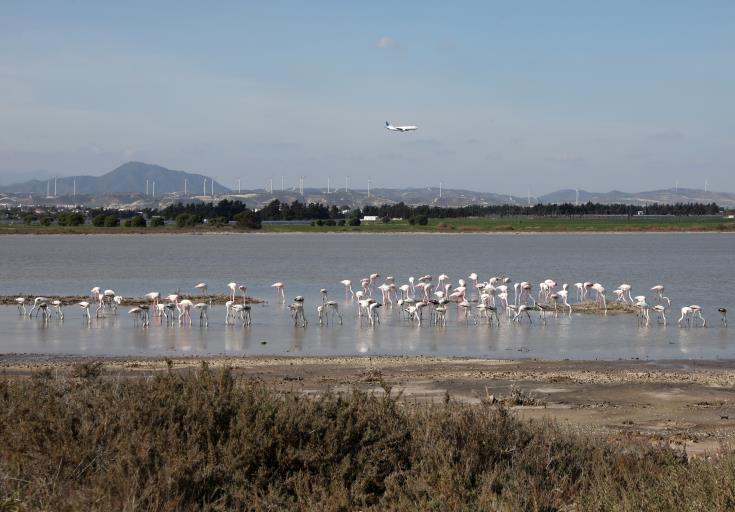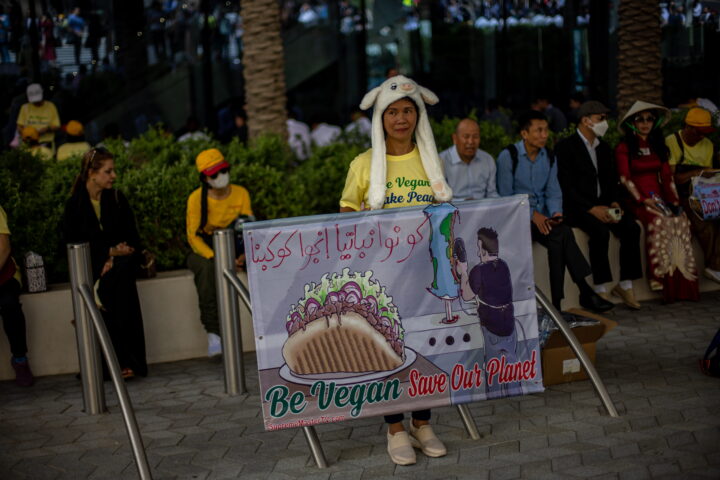Regional cooperation is the key to mitigating climate crisis impacts, as temperatures in the Eastern Mediterranean and the Middle East rise faster than anywhere else.
This was the view of keynote speakers during the 2nd international conference on climate change in Paphos.
Professor Costas Papanicolas, advisor to the President on climate change, said the climate crisis is the greatest challenge humanity faces, and the time to act is long overdue.
He said in a few weeks in Glasgow, during COP26, the global situation will be assessed, and an agreement will be reached for the coming years.
“Our region is a hotspot, and the climate impacts will be manifested immensely, affecting half-billion residents.”
Professor Papanicolas noted that this is why the Cyprus initiative wanted to involve the region’s countries to develop solutions and ways to combat the crisis.
Over the last 24 months, over 200 scientists and experts have produced reports on climate change, and recommendations are made to address the problem effectively.
“We now have a solution toolbox that can be used to mitigate the crisis and assist us in adapting to its impacts.
“The climate crisis is a battle we need to win quickly; we can still prevent the crisis from becoming a catastrophe.”
Virginijus Sinkevičius, EU Commissioner for Environment, Oceans and Fisheries, in a video address of the conference, said that the effects of the climate crisis in Cyprus and the region are real.
He said the hotspot of the East Med and the Mideast is particularly vulnerable, “unless we act now, the impacts will be catastrophic…it is late, but not too late” to act.
Commissioner Sinkevičius said coastal areas dependent on tourism also face issues because of the population density and the food provision.
He noted that we need action at all levels and a systematic approach.
Water scarcity
Prince el Talal of Jordan said his country is the most water-stressed in the region and added that it is time to talk about the Mediterranean as a whole and not the sea of deaths because of the migrants’ tragedies.
He said that drought seasons in the region, low precipitation, fleeing of populations, water scarcity, and water shortage issues are of utmost importance.
He said there needs to be a consistent policy on shared waters and partnerships to effectively face the many challenges and consequences on populations.
In his virtual address, Laurent Fabius, former Prime Minister of France, said there are unprecedented challenges in the region.
He said financing the developing countries is a good action plan, but “we need to do more and deliver the financial assistance needed for the ecological transition of these countries”.
A UN report on climate change found Mediterranean temperature increasing 10% higher than the global average and warming twice as much.
The Cyprus government organized the two-day conference, bringing together 65 top scientists, diplomats and policymakers from Egypt, Israel, Jordan, Iraq and Greece to present the results of a two-year study compiled from contributions by 220 experts and present policy recommendations to countries in the region.










